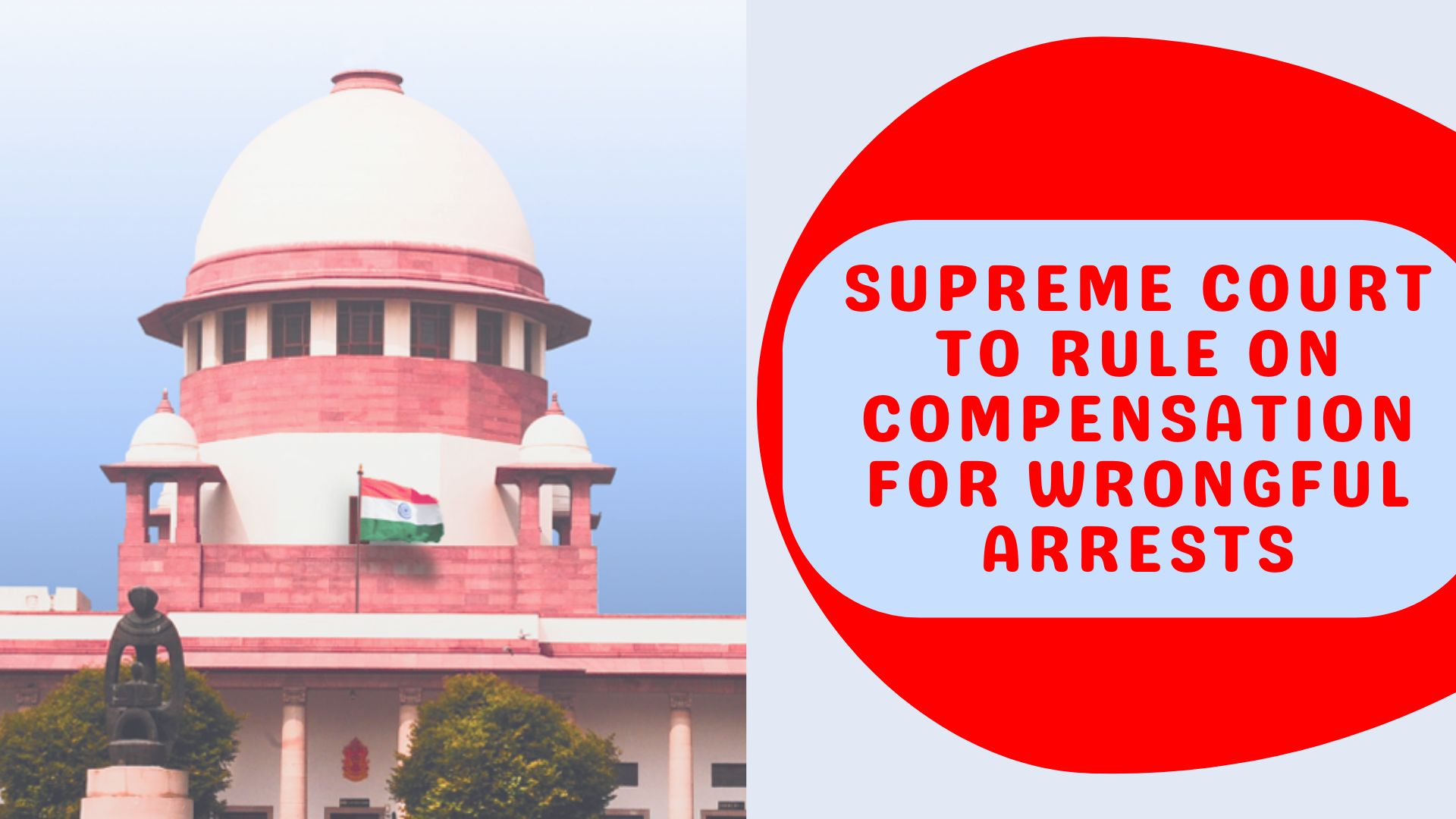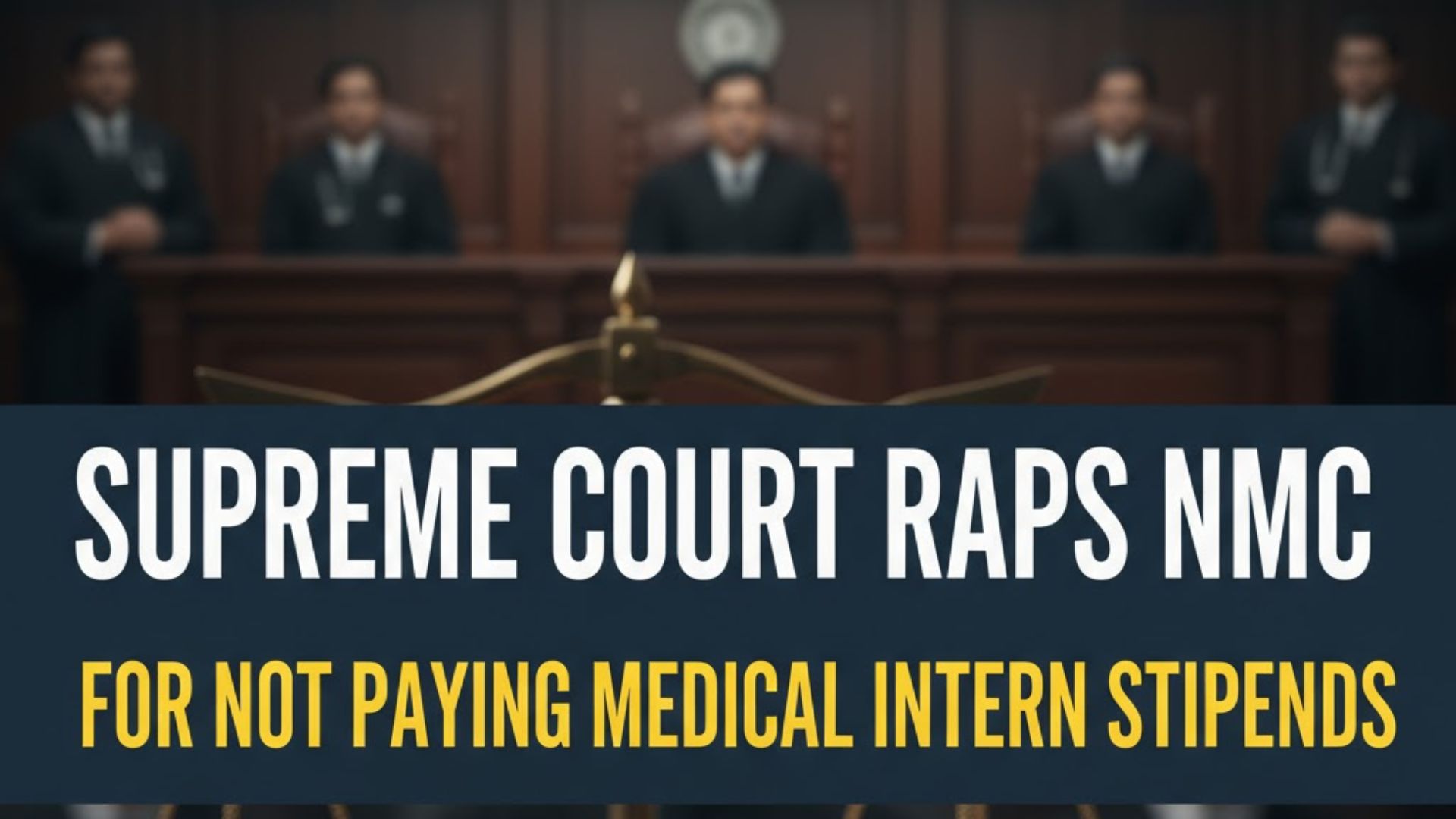M. Madhavan Nair, J.@mdashIn division of the assets and liabilities of one Govindan among his heirs as per Ext. P. 1, defendants 1 and 2 and the
late mother of defendants 3 and 4 were allotted the plaint property and the obligation to pay Rs. 750/- in part satisfaction of a debt owed to the
plaintiff by the late Govindan. The plaintiff sues for the amount basing his claim on the provision in Ext. P. 1. Defendants 1 and 2 contested the suit
and pleaded to have paid Rs. 300/- in part-satisfaction of the claim. The Munsif repelled the plea of partial discharge but dismissed the suit on the
ground that the plaintiff, not being a party to Ext. P. 1, cannot sue on the stipulation therein which did not amount to creation of a trust in his favour
as claimed in the plaint, adding ""This disposal is no bar to the plaintiff seeking recovery of the amount in other appropriate proceedings on any
other pleadings"". The Subordinate Judge on appeal held: ""The suit is essentially one for enforcing an obligation created under a contract. If Section
10 does not apply, the suit is clearly barred by limitation. This was conceded by the appellant''s learned counsel at the time of argument. I hold that
the suit is barred by limitation. It follows that the suit was rightly dismissed by the lower court."" The plaintiff has come up in second appeal. I agree
with the Subordinate Judge in his observation that Section 10 of the Limitation Act, 1908, is not attracted to this case. That Section reads:
Notwithstanding anything hereinbefore contained, no suit against a person in whom property has become vested in trust for any specific purpose,
or against his legal representatives or assigns (not being assigns for valuable consideration), for the purpose of following in his or their hands such
property, or the proceeds thereof, or for an account of such property or proceeds, shall be barred by any length of time.
........................
The expressions in the section underlined by me show clearly that to attract the section the suit must be to follow the property vested in the
defendant in trust for a specific purpose. A mere direction in a deed of partition to pay a creditor of the estate cannot be said to vest any property
in the sharer for paying the creditor. Partition is defined in Mithakshara thus:
(Partition is the adjustment of divers rights regarding the whole, by distributing them on particular portions of the aggregate--Colebrooke.)
It cannot then be said to make any new right or fresh vesting of property. Nor can it be said that the present suit is to follow any property vested in
trust; the suit is only to enforce an undertaking to pay made in the partition deed. Even a recital that the amount is to come out of property allotted
would not, in my opinion, amount to vesting of the property allotted for the purpose of such payment. The contention that the direction or
undertaking in the partition deed to pay the plaintiff creates an express trust within the meaning of Section 10 of the Limitation Act does not appear
to me right. Chintaman Raoji Naik Vs. Khanderao Pandurang Thakur, , Muhammad Mathar Rowthen v. Kasa Rowthan (A.I.R. 1924 Mad. 920)
and C.T.V.E. Vairavan Chetty and Others Vs. Chettichi Achi, where money was entrusted to one for payment to another are cases of vesting of
property (namely money) for a specific purpose and are therefore distinguishable from the present case.
2. Counsel for appellant contended that the plea of a partial discharge by the defendants shows the establishment of direct relation between the
parties concerning the suit claim and that the defendants cannot disown their liability now. The plea of discharge has been controverted by the
plaintiff and found against by the Munsif. That finding was not challenged in the lower appellate Court and therefore has become conclusive in this
proceeding. If payment is not true, a plea of payment once wrongly urged, cannot be of any consequence in judging the relation between the
parties.
3. The material question then is whether the plaintiff can sue on the stipulation in Ext. P. 1.
It is urged that a person who is not a party to a contract cannot enforce the contract. It was so laid down in 1861 in Tweddle v. Atkinson (121
Eng. Rep. 762). Perhaps a better expression of the rule is in the speech of Lord Chancellor Viscount Haldane in Dunlop Pneumatic Tyre
Company, Limited v. Selfridge and Company Limited (1915 App. Cas. 847 (H.L.) 853):
........only a person who is a party to a contract can sue on it. Our law knows nothing of a jus quaesitun tertio arising by way of contract. Such a
right may be conferred by way of property, as, for example, under a trust, but it cannot be conferred on a stranger to a contract as a right to
enforce the contract in personam.
It shows the exact scope of the rule as affecting only contracts creating rights in personam but not covenants creating rights in property. In the
realm of property the rule in Section 56 (1) of the English Law of Property Act, 1925, is:
A person may take an immediate or other interest in land or other property, or the benefit of any condition, right of entry, covenant or agreement
over or respecting land or other property, although he may not be named as a party to the conveyance or other instrument. (of. Sec. 40 of Transfer
of Property Act, 1882).
Pertinent here is the observation of Lord Reid in 1962 App. Cas. 446, 473, that the so-called execeptions to the rule in Tweddle v. Atkinson are
not really exceptions but arise from other principles. Whatever that be, it cannot be urged here that a right in the plaint property has been created in
favour of the plaintiff under the stipulation in Ext. P. 1 to pay Rs. 750/- to him by defendants 1 and 2 and another.
4. Counsel for appellant contended that the plaintiff, as a participant the partition evidenced by Ext. P. 1., has attested the deed to signify his
acceptance of the terms therein for payment of his dues from the estate in certain proportion by the different groups of sharers and that establishes
an enforceable agreement between plaintiff on one hand and the sharers in Ext. P. 1 on the other. The plaintiff is the father of defendants 3 and 4. It
is in his capacity as the husband of one of the parties to the partition that he has attested Ext. P. 1. Counsel for defendants is right in saying that the
same has not been specifically pleaded in the suit. But the context and the description of plaintiff''s identity in Ext. P. 1 are clear that his attestation
of Ext. P. 1 was in token of his acceptance of its terms. True, attestation need not always connote knowledge of contents of the deed; but context
of a particular case may show that an attestation was with knowledge of its contents or in token of acceptance or assurance of the recitals therein.
The estate that was divided under Ext. P. 1 owed a debt to the plaintiff. In dividing the estate that liability was apportioned between the two groups
of sharers who agreed between themselves to discharge it in particular proportion. The relationship of the plaintiff with the parties to Ext. P. 1, the
apportionment of the plaintiff''s debt between two sets of parties therein and the plaintiff''s attestation as a party''s husband tend to show that he
was, when he attested it, well aware of the contents of the deed including the provisions for payment of his debt; and that therefore his signature,
though as attestor, meant his acceptance of its terms. It then establishes an agreement--an offer to pay plaintiff''s dues in certain proportions
accepted by him--between plaintiff and the sharers in Ext. P. 1; and the plaintiff is therefore entitled to sue on it. In the result the second appeal
succeeds and in reversal of the decree of the court below the plaintiff is given a decree for Rs. 750/-, with interest at 5% per annum from date of
suit charged on the suit properties. Costs follow the event.

